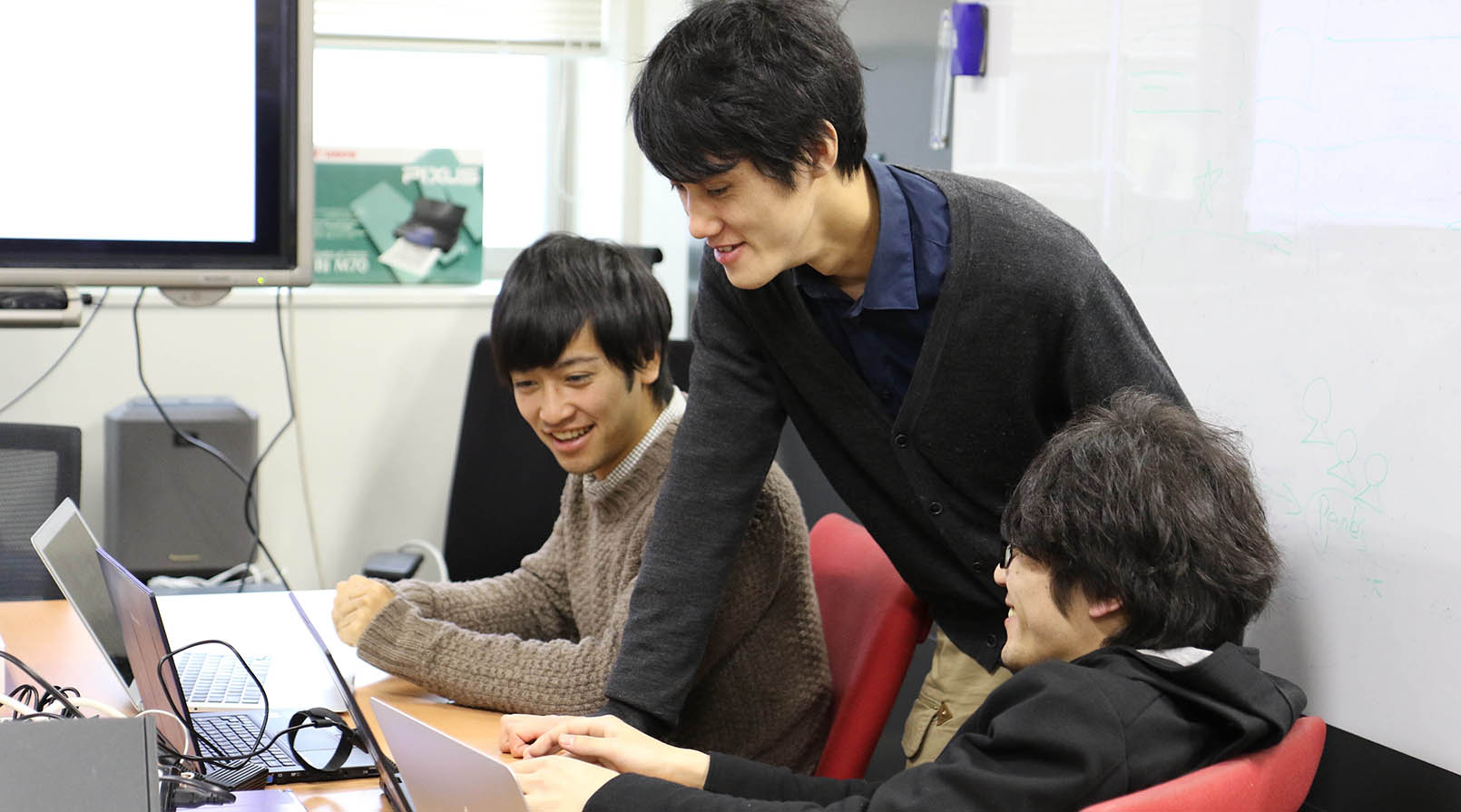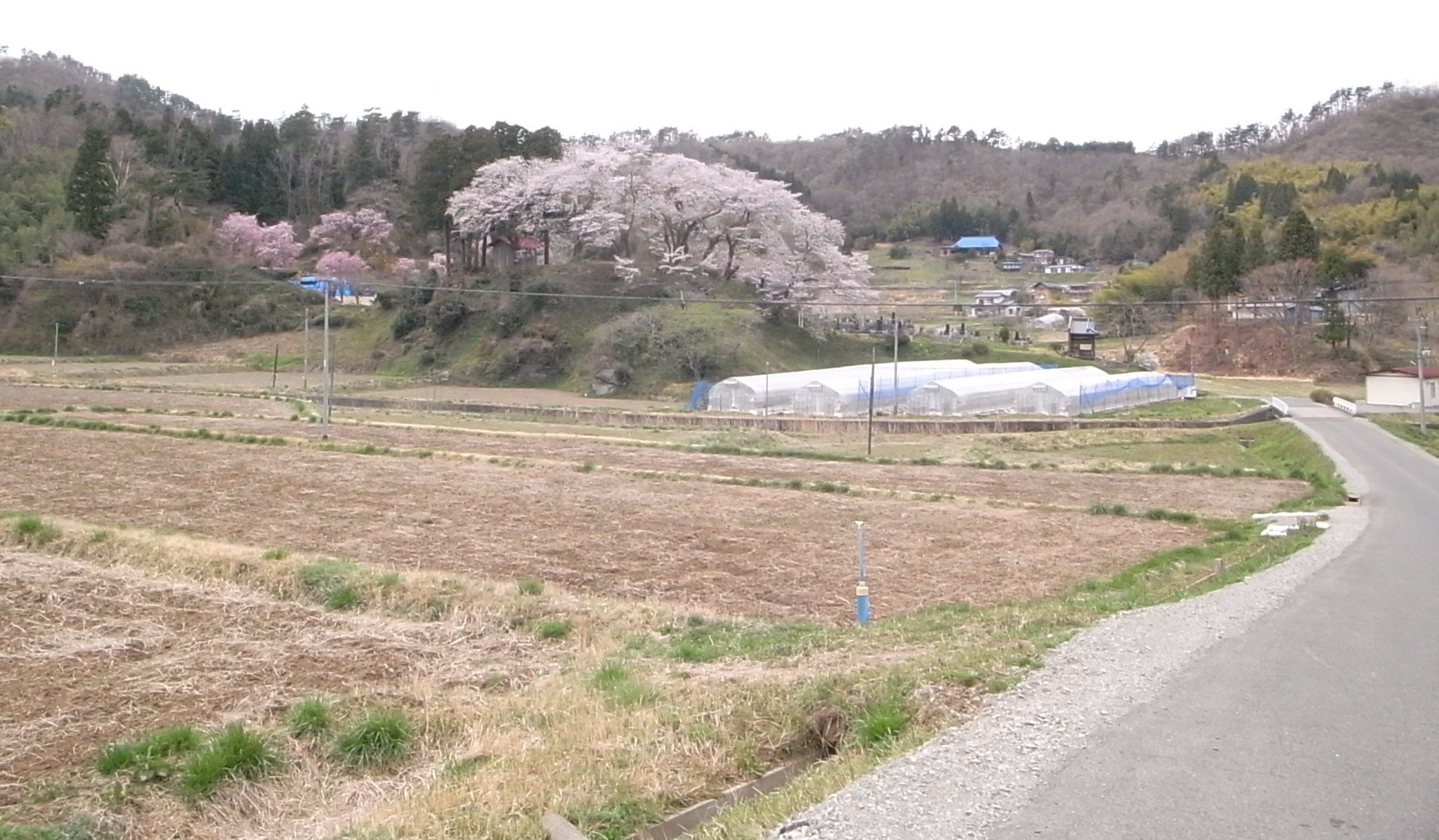

社会情報学コースでは、実世界の問題を自ら発見し解決する能力を高める科目「問題発見型・解決型学習(前後期各1単位)」を受講することができます。 この科目では、様々なテーマのもと少人数のグループに分かれ、新しい学習環境のデザイン:創造性を育む場を作る、 書と茶を介した談話空間のデザイン、 クラウドソーシングにおける組織デザインといったテーマに取り組んできました。
なお、デザイン学大学院連携プログラムで実施する問題発見型・解決型学習も同様に受講できます。詳しくはこちらをご覧ください。
社会情報学コースが実施したこれまでのテーマについてはこちらをご覧ください。
| 実施時期 / Year | タイトル / Title | 実施内容 / Overview | 成果 / Outcome |
|---|---|---|---|
| 2022年度前期 | 大学におけるジェンダー平等の達成に向けて大学院生は何を提言できるか:京都大学大学院情報学研究科におけるケーススタディ (What can graduate students propose to achieve gender equality at the university?: a case study in the Graduate School of Informatics, Kyoto University) |
Download | Download |
| 2021年度後期 | 防災ツーリズムを活用した地域防災のデザイン (Design of Regional Disaster Prevention Using Tourism) |
Download | Download |
| 2021年度後期 | iEcology による生物季節観測を考える (Phenological Observation using iEcology) |
Download | Download |
| 2021年度前期 | オープンデータを用いた社会問題解決ツールの試作 (Prototyping a social-issue solving tool based on the opendata) |
Download | Download |
| 2020年度後期 | ICT を使った地域防災を考える (Design of Regional Disaster Prevention using ICT) |
Download | Download |
| 2020年度後期 | 京都観光マップ 2.0 (Sightseeing Map 2.0 of Kyoto) |
Download | Download |
| 2020年度前期 | COVID-19感染拡大防止のためのパーソナルデータ利用におけるプライバシ保護と公共利益の均衡点 (Balancing the Public Interest with Privacy in the Use of Personal Data to Prevent the Spread of COVID-19 Infections) |
Download | Download |
| 2019年度前期 | 街角でのロボットサービスのデザイン (Design of robot service for shopping mall) |
Download | Download |
| 2018年度後期 | Designing a New Education System with Blockchain Technologies (ブロックチェイン技術を用いた新しい教育システムのデザイン) |
Download | Download |
| 2018年度後期 | Personal Data as “New Oil” and its Market (「新しい石油」としてのパーソナルデータとその市場) |
Download | Download |
| 2018年度後期 | 「記憶に残る」ミュージアム鑑賞体験をもたらす情報アクセスシステム (Information Access System that Brings “Memorable” Museum Experience) |
Download | Download |
| 2018年度前期 | Exploring New Social Systems with Blockchain Technologies (ブロックチェイン技術を用いた新しい社会システムの探索) |
Download | Download |
| 2018年度前期 | 福島の今と京都にいる自分 Today in Fukushima and ourselves in Kyoto |
Download | Download |